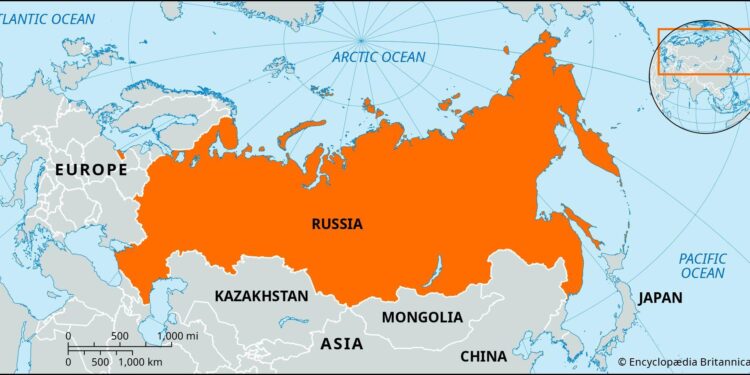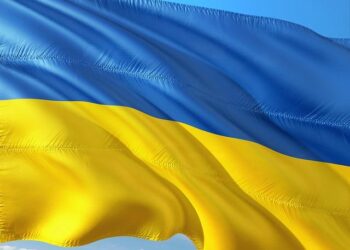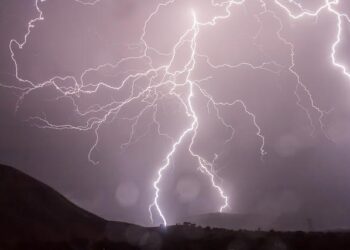As Russia intensifies its assault on Ukraine, hesitant Western allies are recalibrating their approach to support Kyiv more decisively. Facing mounting pressure amid escalating violence and humanitarian concerns, these countries are beginning to augment military aid and increase diplomatic efforts, signaling a shift from cautious engagement to a more assertive stance. This evolving dynamic underscores the complexities and challenges faced by the international community in responding to one of Europe’s most serious conflicts in recent decades.
Russia Intensifies Attacks as Ukraine Faces Escalating Threats
Russian forces have escalated their campaign with renewed vigor, targeting key infrastructure and military positions across Ukraine, signaling a dangerous intensification in the conflict. Satellite imagery and ground reports confirm a surge in missile strikes and artillery bombardments, particularly concentrated in eastern and southern regions. Civilians continue to face dire circumstances as power outages and shortages of essential supplies become more widespread, underlining the human cost of the aggression.
In response to the worsening situation, several Western allies have shifted from cautious diplomatic gestures to more robust support for Kyiv. This includes increased deliveries of advanced defensive weaponry, intelligence sharing, and financial aid aimed at bolstering Ukraine’s resilience. Below is a summary of recent aid commitments from key partners:
| Country | Type of Support | Delivery Timeline |
|---|---|---|
| United States | Long-range missile systems & drones | Next 2 weeks |
| United Kingdom | Armored vehicles & ammunition | Immediate |
| Germany | Medical aid & humanitarian supplies | Ongoing |
| Poland | Fuel & logistical support | Next month |
Ukrainian officials emphasize that while this material support improves their defensive capabilities, the need for sustained international backing remains critical as the conflict threatens to spiral further out of control.
Allies Reassess Support Strategies to Bolster Kyiv’s Defense Capabilities
In response to the escalating conflict, key allies have initiated a comprehensive review of their military and economic aid packages to ensure Kyiv’s resilience against ongoing Russian offensives. While previous support efforts largely focused on immediate humanitarian relief and defensive weaponry, these nations are now emphasizing long-term strategic investments. This recalibration includes enhancing Ukraine’s intelligence capabilities, improving cyber defense mechanisms, and supplying advanced drone technology to counteract Russian air superiority.
Key focus areas identified during the reassessment:
- Provision of precision-guided munitions to improve Kyiv’s defensive reach
- Upgrading communication infrastructure for rapid battlefield coordination
- Training programs designed to increase proficiency with Western military systems
- Financial packages aimed at stabilizing Ukraine’s economy amid wartime strain
| Support Category | Previous Aid | Enhanced Strategy |
|---|---|---|
| Weaponry | Basic small arms | Precision-guided missiles & drones |
| Training | Basic infantry drills | Advanced tactical and cyber warfare |
| Economic | Humanitarian grants | Stabilization & reconstruction funds |
| Intelligence | Limited intel sharing | Real-time battlefield data exchange |
Experts Advocate for Strategic Aid and Coordinated Diplomatic Pressure
In the face of mounting challenges on the battlefield, leading international figures emphasize the importance of a well-calibrated approach that combines tactical support with diplomatic maneuvers. This strategy aims to sustain Ukraine’s resilience while limiting the risk of escalating the conflict further. Analysts argue that targeted military aid, intelligence-sharing, and economic sanctions must be synchronized to create meaningful pressure on Moscow, compelling a shift in its calculus without triggering wider instability in the region.
- Enhanced military assistance: Delivery of advanced defensive systems and training to improve Kyiv’s capabilities.
- Unified diplomatic front: Harnessing the influence of multinational organizations to isolate Russia politically.
- Focused economic sanctions: Increasing the impact of measures targeting key sectors like energy and finance.
| Measure | Expected Outcome | Timeframe |
|---|---|---|
| Advanced air defense systems | Reduce civilian casualties and infrastructure damage | Short-term |
| Isolating Russian diplomatic channels | Weaken Moscow’s ability to gain international support | Medium-term |
| Sector-specific sanctions | Disrupt key revenue streams funding the war effort | Ongoing |
Future Outlook
As the conflict intensifies and Russia continues its relentless assault on Ukraine, the cautious recalibration among Kyiv’s allies signals a pivotal moment in international engagement. While concerns over escalation remain, the evolving support strategies underscore a growing recognition of Ukraine’s resilience and the stakes involved. As the situation develops, the global community watches closely, balancing diplomatic caution with the urgent imperative to aid a nation fighting for its sovereignty.
















